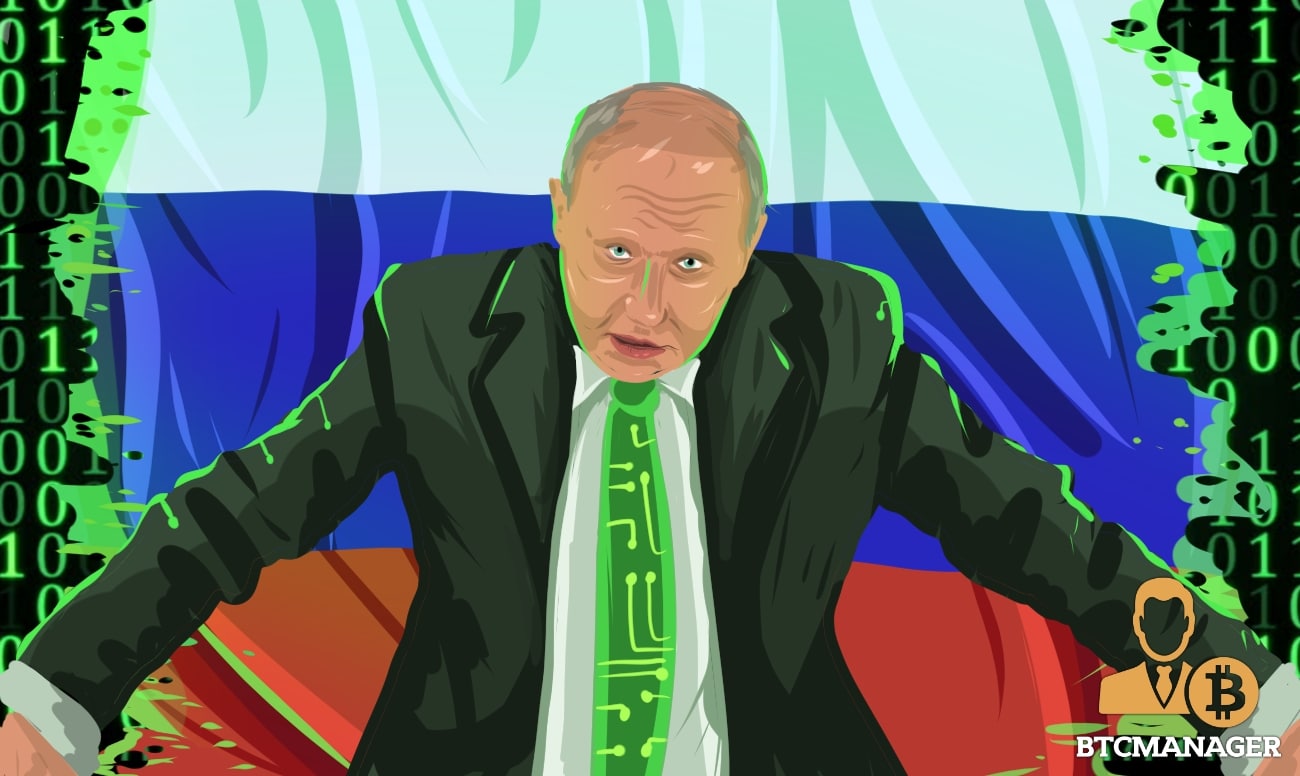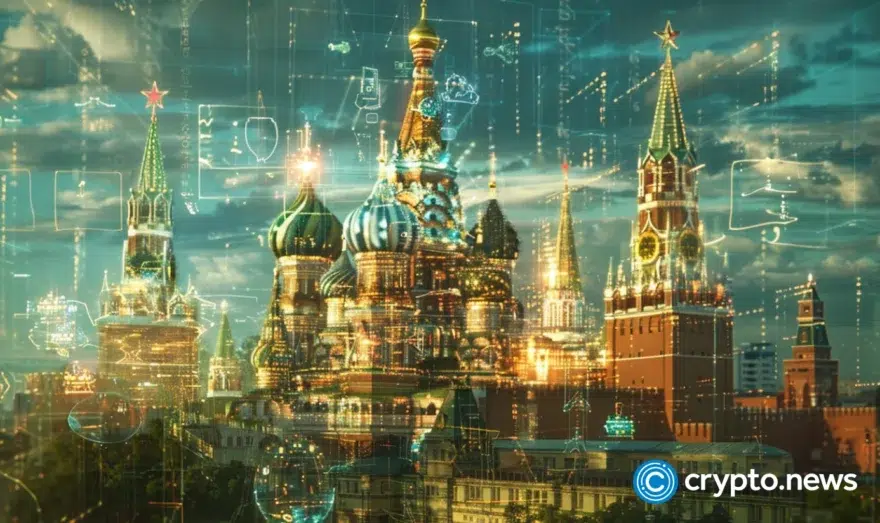Putin Authorizes A “Russian Internet”

It doesn’t matter whether you are using the internet for personal or professional reasons, the truth is that the Internet has allowed for human beings to collaborate and connect in a way that simply was not possible before. Now, it appears as though Russia has its own plans now to create an independent Russian Internet, and the country’s president, Vladimir Putin, on May 1, 2019, has signed into law new measures allowing for its creation.
More Government Control
There are many experts that believe that this will allow the Russian government to censor dissenters and some others that believe that an eventual firewall will be constructed, as is the case with China. The Kremlin claims that it wants the internet to be “sustainable, secure and fully functioning” without “online restriction”.
In reality, this most likely means that the Russian government will have more control over the “flow of information” than ever, potentially limiting Russian citizens from access to foreign news and media in general. In addition, the government would be able to “cut off the internet” during certain states of emergency.
The law also calls for a “monitoring and management” center that will be controlled by Russia’s telecom agency, Roskomnadzor. The agency is responsible for ensuring Russian communication in “extraordinary situations”, and is allowed to cut off external traffic exchange if necessary.
More Censorship
The Chinese government institutes “The Great Firewall of China“ which significantly limits access to foreign news sources and information, and also is utilized for some of the most-used social media platforms in the world, including Facebook and Twitter. Many believe that this is Russia’s attempt to advance its own version.
Russia is considered an authoritarian government as of 2019. The Freedom House, an independent watchdog organization that ranks the overall freedom of various countries throughout the world, gave Russia a 20/100 using a system that takes into account “press freedom” and overall “net freedom”, with 0 being the least free and 100 being the freest.
The country also recently banned the encrypted messaging app, Telegram, from the country, in 2018. Putin also recently started enforcing a virtual private network (VPN) ban, which helps many citizens circumvent Internet sanctions in countries trying to prevent the dissemination of information.















